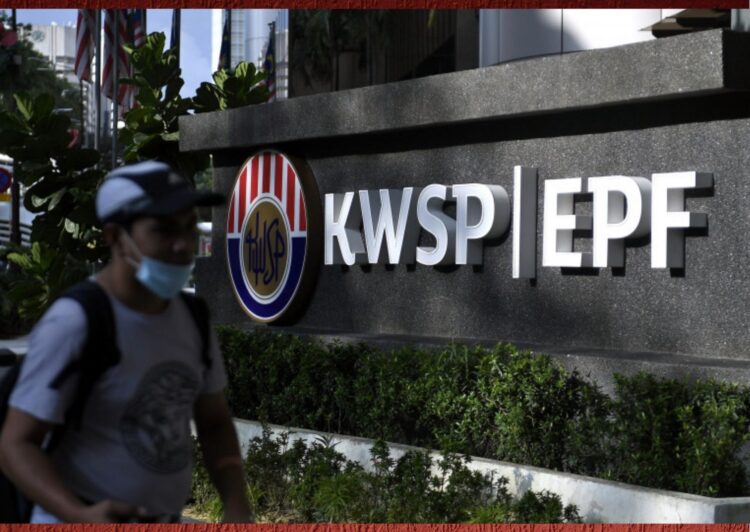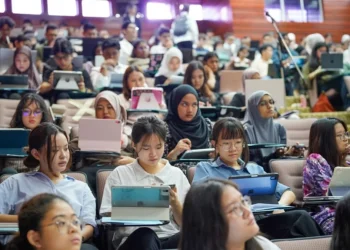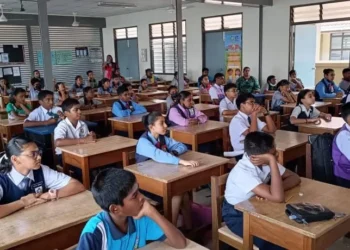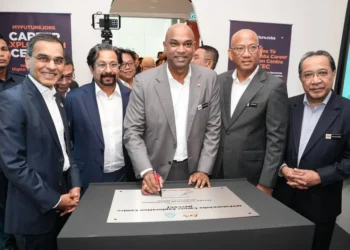Most of us know that the purpose of the Employees Provident Fund (EPF) is to provide retirement benefits for the private sector and pensionable employees in Malaysia.
Eight out of ten EPF members would retire in poverty due to a 61 percent reduction in median savings for the bottom 40 percent income group (B40 percent) to RM1,000 and a 17 percent reduction in median savings for the middle 40 percent income group (M40 percent) to RM24,000.

For the B40, this would equate to having only RM4 each month to spend for the next 20 years.
Experts advise the government to dismiss calls for depositors to be able to withdraw funds from the EPF.
According to The Malaysian Reserve, they are instead pushing for enough support with improved fiscal management that focuses on the poor and vulnerable.
“There are no economic or moral reasons to enable depositors to withdraw from the EPF.” Dr Muhammed Abdul Khalid, a renowned economist, believes that the government should offer enough help rather than plundering the rakyat’s assets.
“Many depositors will face a grim future as a result of last year’s rash decision to enable withdrawals. It’s unethical if the government forces people to utilise whatever savings they have left to deal with the budgetary crisis,” he continued.
Muhammed emphasised that Malaysia’s short-sighted policies will come back to haunt it in the near future, as the country is now ageing and will be old by 2030.
According to him, this would have a severe budgetary impact on the government and will most likely be paid for by future generations.
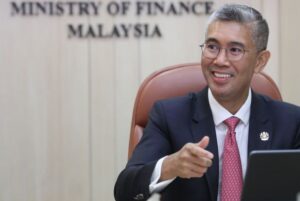
EPF withdrawal, according to Finance Minister Tengku Datuk Seri Zafrul Tengku Abdul Aziz, is not a solution for current difficulties, stressing that 15 percent of Malaysia’s 5.6 million people would be senior citizens by 2030.
EPF members have been able to access their retirement funds through the i-Lestari, i-Sinar, and i-Citra programmes, with withdrawals totalling RM101 billion to date.
Datuk Seri Ismail Sabri Yaakob, the Prime Minister, also rejected suggestions for the withdrawal, which prompted outrage from UMNO leaders.
The Possible Solution
Dr Muhammed said “Spend better on the poor and vulnerable, noting that of the RM530 billion stimulus package, just17%, or RM92 billion, is a direct fiscal injection from the government, equating to 6% of GDP, as opposed to the government’s announcement of 37% GDP.
“We have the money,” he remarked, highlighting the RM40 million spent to restore the empty Prime Minister’s mansion as well as the lavish automobiles purchased for Cabinet ministers for example.
“Wouldn’t it be preferable to utilise this money to repair flood victims’ homes instead?” There are several methods to minimise costs, and we may begin by leading by example and, if necessary, reducing the number of Cabinet members,” he continued.
He also disputed the 5G award to Digital Nasional Bhd (DNB), a Ministry of Finance-owned business, claiming that the deployment offers a wonderful chance for the government to generate much-needed income.
“By forming a new telecom, the rakyat risk accumulating a massive debt of up to RM20 billion by 2030.” DNB was recently handed around RM500 million for operations. It is a waste of money; this money might be used to help flood victims and individuals who have lost their jobs,” Muhammed added.
According to Nungsari, the government should provide tax credits to people who have savings below a particular threshold in the future until the amount is made up.
“If they are not qualified to pay tax to receive that benefit, then payments into their accounts should be made,” he noted.
Please think twice about signing up for schemes like i-Lestari, i-Sinar, and i-Citra if you are an EPF member. Remember that your EPF will provide for your basic survival needs once you retire.
Who would you rely on for finances and essential requirements in the future if you have already spent the majority of your savings?
Be wise.
Follow us on Instagram, Facebook or Telegram for more updates and breaking news.


